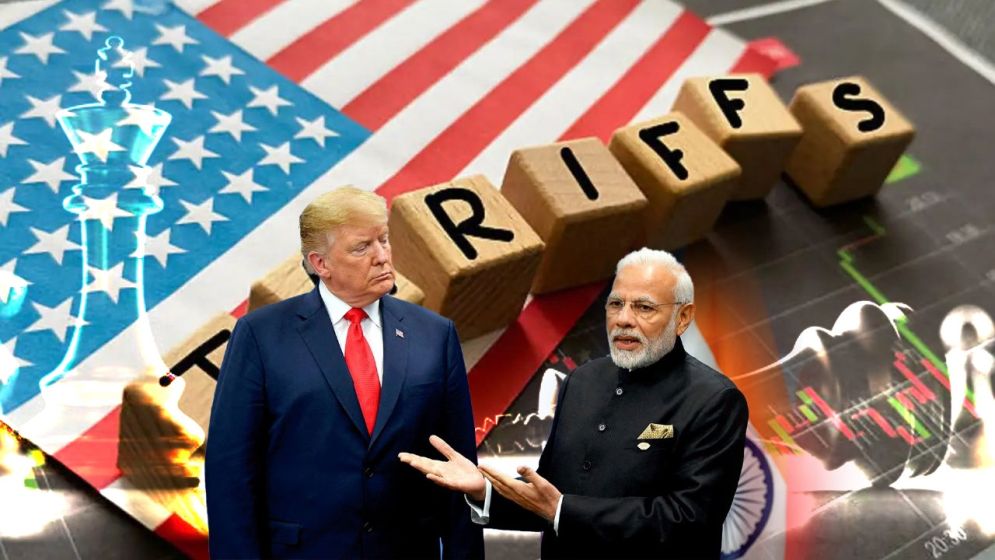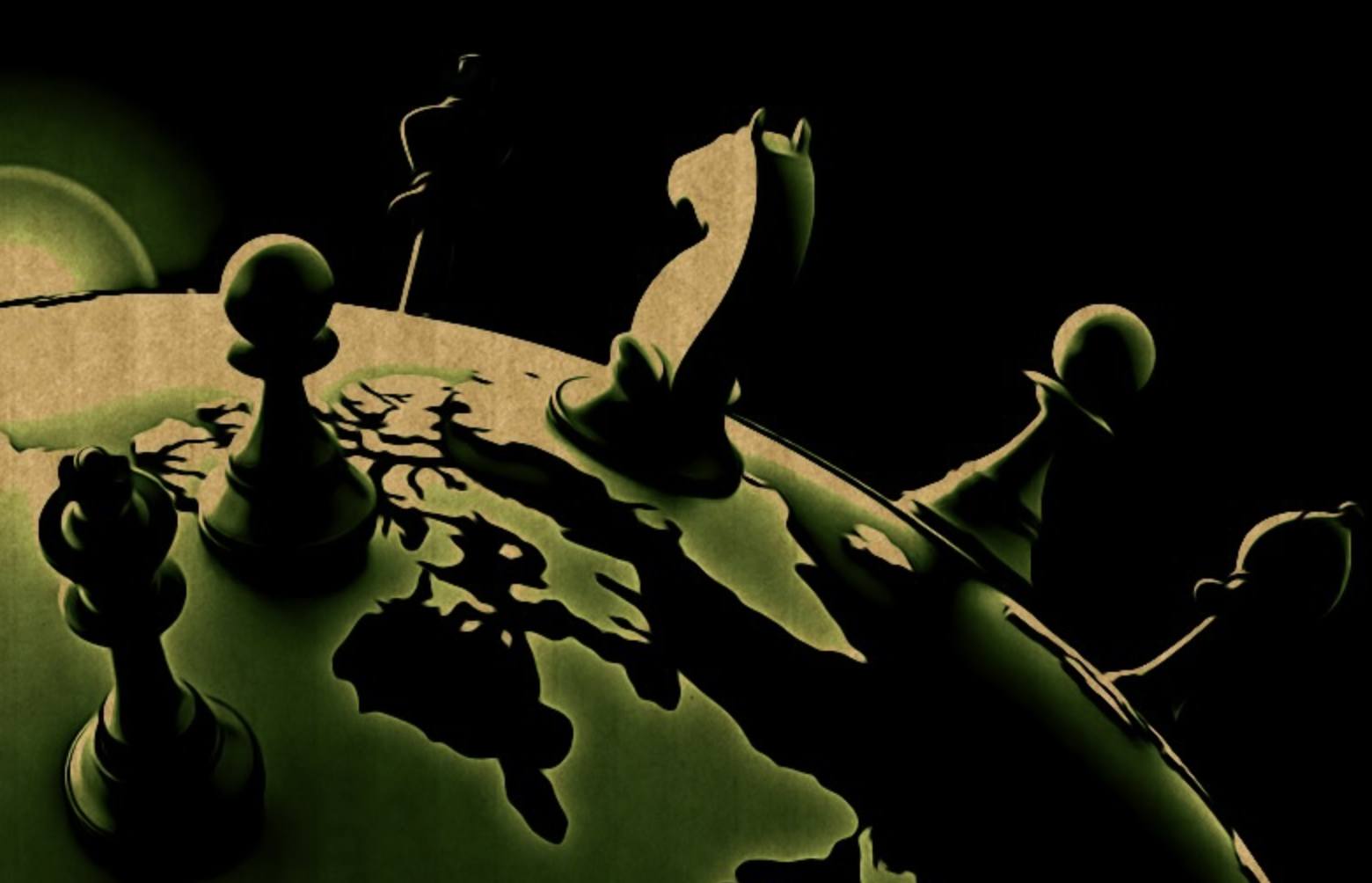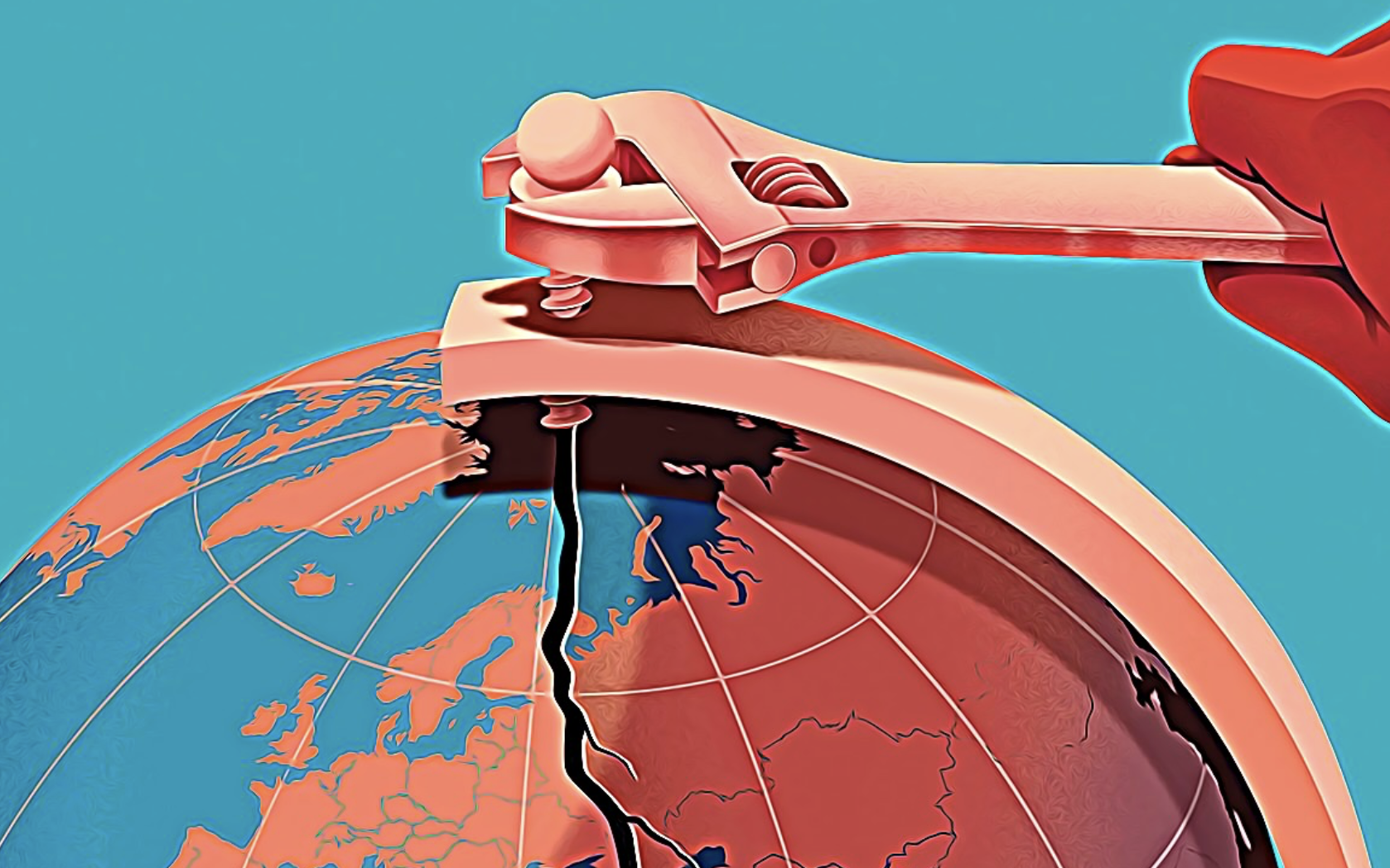How Modi’s ‘strongman diplomacy’ left India outflanked by Trump

On June 18, India’s Foreign Secretary Vikram Misri told Doordarshan, with an air of finality, that the country’s Prime Minister Narendra Modi had conveyed to the US President Donald Trump what every Indian government insists on repeating: “India has never accepted mediation, does not accept it now, and will never accept it.”
This was meant to be the last word–New Delhi’s ironclad rebuttal to Washington’s murmurs about brokering the India–Pakistan ceasefire.
Hours later, Trump threw that narrative out the window. At the White House, in an unprecedented move, he hosted Pakistan’s army chief, Field Marshal Asim Munir, for a private lunch.
Munir, a man without formal executive power, was hailed as “extremely influential in stopping” the conflict. And then came the line that must have made South Block wince: “I stopped the war between Pakistan and India.”
Trump repeated the claim at the NATO summit in The Hague a week later, describing how he threatened to halt trade with both India and Pakistan unless they stood down.
“The general was very impressive,” he said, before adding, “Prime Minister Modi is a great friend of mine. He is a great gentleman… We stopped a nuclear war.”
From a South Asian perspective, it felt like a calculated snub with layered consequences.
First, by receiving Munir in such a manner, Trump placed him on par with heads of state and implicitly acknowledged the Pakistani military as Islamabad’s true power centre. For years, India has invested diplomatic capital in isolating the army for its role in cross-border terrorism.
One lunch, with cameras conveniently kept away, undid a portion of that work.
Second, Trump’s framing of “two very smart people”--Modi and Munir–as equals in crisis management was a downgrade of India’s elected leadership.
In South Asia, where political legitimacy is fought over fiercely, equating an elected prime minister with a military chief is more than bad manners; it is an affront to sovereignty.
Third, Pakistan’s play to nominate Trump for a Nobel Peace Prize–cheerfully echoed by the White House–was farcical but smart. It recalled the 2018 moment when the late Shinzo Abe, another of Modi’s “great friends,” put Trump forward for a North Korea nuclear deal that evaporated before the ink could dry.
Pakistan understands something India sometimes forgets: if you feed Trump’s ego, he will feed your narrative.

India’s diplomatic setback
For decades, India’s refusal of third-party mediation in Kashmir has been a red line–fixed since 1971. Operation Sindoor fractured that position.
Trump may no longer mention Kashmir explicitly, but his boastful interventions have, in practice, internationalised the dispute, giving Pakistan fresh legitimacy in its quest for outside involvement.
New Delhi insists that the ceasefire talks happened “through existing military channels.” But in the court of global opinion, Trump’s megaphone is louder. His version, self-serving as it is, dominates headlines.
Modi’s denials, stripped of conviction, sound defensive. This is the cost of investing so heavily in personal rapport–the “Howdy, Modi” and Ahmedabad stadium optics–without the ballast of a resilient diplomatic strategy.
Pakistan will discover soon enough that Trump’s appetite for flattery is bottomless and impossible to satisfy. But in this round, Islamabad played him better.
Modi’s unwillingness to push back has likely convinced Trump that India’s prime minister is a pliable partner–not the kind of “strong leader” he claims to admire. Munir, in contrast, benefited from his uniform; Trump has always been drawn to generals who wield ultimate authority.
Modi’s dependence on coalition allies since 2024, and his eagerness for a trade deal with Washington–leverage Trump has bragged about publicly–only deepened the imbalance.
If the Trump–Munir spectacle exposed the perils of transactional diplomacy, India’s performance at the Shanghai Cooperation Organisation summit in Qingdao revealed the limits of its much-vaunted “strategic autonomy.”
Indian Defence Minister Rajnath Singh refused to sign the SCO joint communiqué because it omitted mention of the Pahalgam attack while naming incidents inside Pakistan.
The move played well for domestic audiences, but regionally, the optics were grim: China stayed silent, Russia offered no cover, and even the Central Asian republics–ostensibly neutral players–did not align with India.
For all the talk of taking a “principled stand,” India ended up isolated, unable to marshal even symbolic backing for a core security concern.
It was a sobering reminder that, in both Washington and multilateral forums, the gap between performance politics and actual influence can be wide–and widening.

A pattern has emerged
The latest diplomatic bruising however is no anomaly; it is part of a persistent pattern.
Time and again, India has failed to secure explicit, unequivocal condemnation of Pakistan for “cross-border terrorism”, even after highly publicised campaigns of “diplomatic outreach.”
The results at the United Nations have been particularly damning: Pakistan, with China’s sponsorship, now chairs the Taliban Sanctions Committee and holds the vice-chair of the Counter-Terrorism Committee–two positions that symbolically and substantively erode India’s credibility in multilateral institutions.
When the head of U.S. Central Command hails Pakistan as a “phenomenal partner” in counterterrorism, the rebuttal to New Delhi’s core security narrative is complete–and delivered from Washington itself.
The timing could hardly be worse. China’s military and diplomatic partnership with Pakistan has matured into a full-spectrum embrace: high-grade defence systems, repeated endorsements on the world stage, and open backing in every forum that matters.
Beijing is not merely propping up Islamabad; it is actively shaping the region’s strategic architecture, brokering a détente between Kabul and Islamabad, and even hosting a trilateral with Pakistan and Bangladesh.
For New Delhi, this is the stuff of a geopolitical chokehold: a two-front pressure from an adversary whose global reach is expanding, reinforced by a neighbour whose hostility is unrelenting.
Trump’s indulgence of Munir in this context–while Pakistan drifts deeper into China’s orbit–only sharpens India’s strategic vulnerability and, by extension, undercuts the Quad’s stated mission of constraining Chinese dominance.
The Modi government’s foreign policy has been guided less by institutional discipline than by the conviction that personal rapport can be a substitute for it. Modi wagered on Trump’s right-wing populism, echoing the “MAGA” brand and feeding the former president’s vanity, imagining an ideological bond.
But when Trump needed a geopolitical “win,” he had no compunction about sidelining Modi to showcase Munir as his peacemaking prop.
The pattern is depressingly familiar: the much-hyped U.S.–India trade deal languishes in limbo as the US has slapped India with an extra 25% tariff; Modi’s “MIGA” dream — Make India Great Again–is a branding exercise without substance; and the China–Pakistan axis is more entrenched than at any point in recent memory.
What was sold domestically as a narrative of global leadership increasingly resembles a house of cards–one gust of pressure from a stronger power, and the edifice sways.

Where lies the faultline?
India’s doctrine of “strategic autonomy”--engaging with multiple blocs without permanent alignments–remains coherent in principle.
But principles are inert without diplomatic agility, coalition-building, and the political will to defend core interests even at the cost of short-term discomfort.
Without these, strategic autonomy becomes an alibi for drift, and India risks being reduced to a spectator in the very arenas where it once sought to lead–outmanoeuvred by adversaries, politely ignored by allies, and slowly written out of the script of great-power politics.
The domestic fallout from the Trump–Munir episode has been as damaging as the diplomatic blow itself. Modi’s silence in the face of the snub stands in stark contrast to Indira Gandhi’s resolute defiance in 1971, when she stared down superpower pressure without blinking.
Then, India projected confidence; now, it radiates hesitancy.
The strategic community, foreign investors, and even sections of India’s own bureaucracy are quietly asking whether the country’s core interests have been bartered away to appease the whims of an erratic American president.
Modi’s grand pledge to transform India into a vishwaguru–a global teacher and leader–is colliding with the cold arithmetic of power politics.
Nowhere is the chasm between rhetoric and reality more stark than in the aftermath of the Pahalgam attack, Operation Sindoor, and the subsequent diplomatic theatre starring Washington, Islamabad, and Beijing.
The sequence has stripped bare the fragility of Modi’s foreign policy or the lack of it– and exposed the dangers of subordinating Indian national strategy to electoral spectacle.
The lesson, though glaring, appears unlearned: personality-driven diplomacy is a mirage that flatters in the moment but collapses when tested. Modi’s transactional wagers–whether with Trump, Xi, or others–have left India exposed, isolated, and strategically diminished.
The much-advertised “strongman” posture, which elevates personal rapport over institutional leverage, has proved brittle in practice. What India needs now is not another performance of leader-as-brand, but a disciplined return to principle, multilateral coalition-building, and strategic clarity.
In an era of strongmen, vanity is the most dangerous foreign policy–because it invites both humiliation and betrayal. Modi’s embrace of Trump was not a miscalculation born of inexperience; it was a deliberate courtship, pursued with the full weight of India’s diplomatic apparatus.
The betrayal that followed was predictable and preventable. Because statecraft is not a reality show, and the world is not a captive audience.
Unless substance replaces spectacle, India risks becoming an afterthought in the turbulent geopolitics of the 21st century–respected neither for its judgment nor for its power.
—
Md Sazzad Amin is the chief geopolitical columnist of Bangla Outlook

